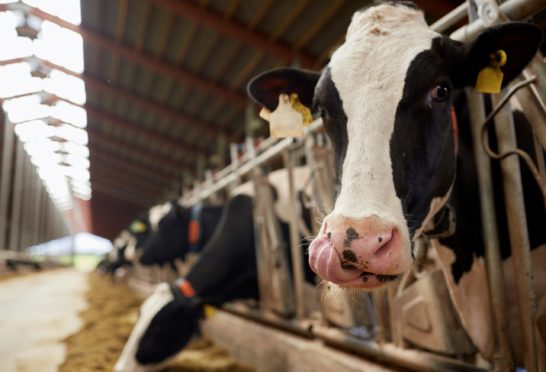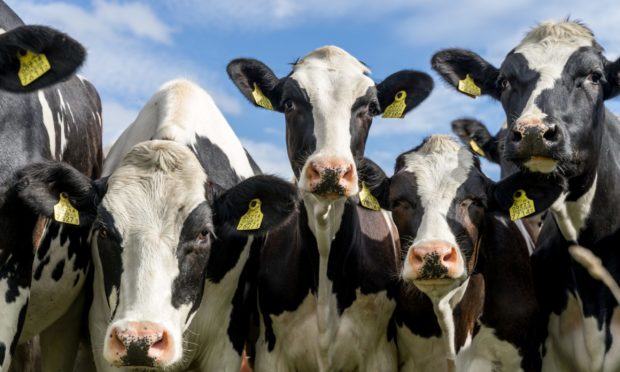Farmers could soon be able to selectively breed cattle for lower methane emissions thanks to a scientific breakthrough.
Biological insights company Synomics says it has discovered interactions between an animal’s genome and its rumen microbes which could reduce the amount of methane cattle, and other ruminant livestock, produce.
Synomics chief executive officer, Peter Kristensen, said the company analysed phenotypic and metagenomic data from more than 1,000 dairy cows across two breeds in five countries to identify the association between the host animal genome, its rumen microbiome and its methane emissions.
The study isolated 26 potential points of interest for the scientists to explore further with five of them potentially being the key to managing future emissions from ruminant livestock.
“Whilst it is well-understood that microbial flora within the rumen and ruminant gut play a significant role in the level of methane each individual cow produces, not all studies have succeeded in finding significant differences in microbial abundances at various taxonomic levels between high- and low-methane emission; ours has,” said Mr Kristensen.
He said the findings from the study would help narrow down the search for scientists looking to develop new and targeted ways of reducing methane emissions in cattle through selective breeding, gene editing or the development of new feed products.
A Synomics spokesman said the study was not about modifying or engineering genes.
He added: “It is about looking at the existing data from different breeds of cattle to isolate the ones with the ‘preferred’ genetic make-up – the ones that possess a gene which results in them producing less methane – and then provide this information to farmers.
“In essence, Synomics ultimately helps to provide farmers with a short-cut to identifying those cattle to breed in order that their offspring produce less methane.”

